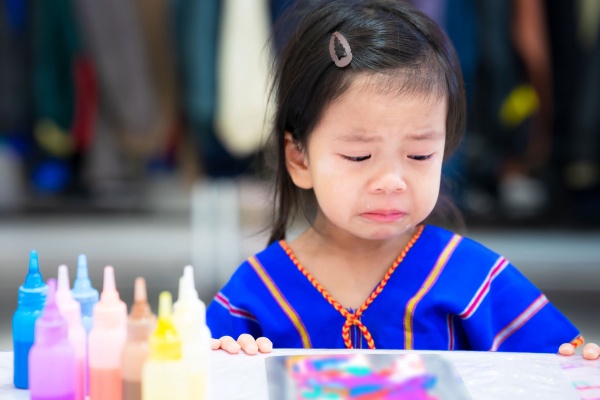

The Importance of Traditional Play in a Digital World
Play comes naturally to kids. They use it as a way to express their feelings and learn new things. But in the age of electronics we live in, video games and screens can take over a child’s free time. Screen-free, or traditional play, offers benefits kids just don't get from playing on an iPad or on the latest game console. For parents, it's important to be intentional about creating opportunities where children can play freely, use their imaginations, and have fun. Here are the lasting benefits traditional play provides:
Social skills and leadership development
Children learn valuable social skills that will help them be successful as they grow. By taking turns, sharing, and interacting with others they are learning how to appropriately respond to others. During play, they are able to practice both their verbal and nonverbal communication skills. They also learn to negotiate when things don’t go as planned. Experimenting with different roles in their family and community as they pretend to play house, school, or store helps them gain insight into the world around them and interpret the feelings of others.
Motor skills development
Children develop their fine motor skills through play. Using crayons to color a picture helps develop fine motor skills. Other activities that help develop fine motor skills are playing with play-doh, practicing scissoring, stringing beads, and using lacing cards. Gross motor skills are also developed during play time. Games like tag or hopscotch integrate the large muscle movement which will help children gain balance and spatial relationship to the world . Playing and climbing at the park helps kids learn to use their bodies and provides vital exercise for children.
Problem solving skills and emotional development
Kids can work through their emotions by simplifying situations through play. This helps them express their feelings and regain control. Play supports emotional development by providing a way to express and cope with feelings. Kids may act out something that scared them, like a car accident they saw while driving past. They may also play out something they are not allowed to do and then work through the consequences through play. “Play can be safe outlet to work through situations that cause them anxiety, such as starting school or visiting the doctor. Letting the child take on the roll of the authority figure will help them process how events may unfold.” says early childhood educator Kara Thomas.
Development of imagination
Play builds a child’s imagination. You can help your child with imaginative play by role playing with them. Call them on the pretend phone, ask them to cook you lunch in the play kitchen, or have them use the doctor kit to do a check up on you. Engage them in conversation while you act out these scenarios. Often, you will be surprised at their perceptions. By role playing, they learn to better understand their surroundings and build their imagination.
Traditional play time allows kids to work through their emotions in a healthy way and develop important skills. It is vital to provide a child with adequate play time in their day, especially with all the distractions in today's digital world. The best part is, kids will be having so much fun, they won’t realize they're learning.
When Parents Play Too
Kids enjoy playing alone or with other children but nothing quite compares to playing with a parent. Although we may be busy with work or household tasks, taking time to play with our children has lasting benefits. Among them:
- Makes your child feel special
- Helps you understand your child
- Provides quality time together
- Creates one-on-one time with your child
- Keeps you young and active
- It’s fun for everyone
Sarah Lyons and her husband, Justin, have been married for 20 years and have six children together.




















